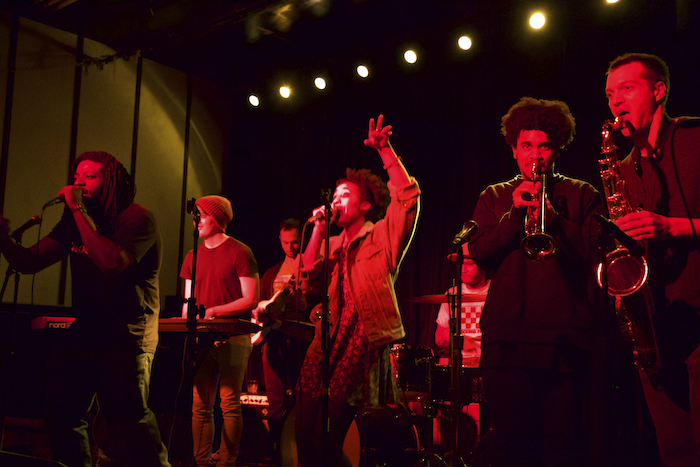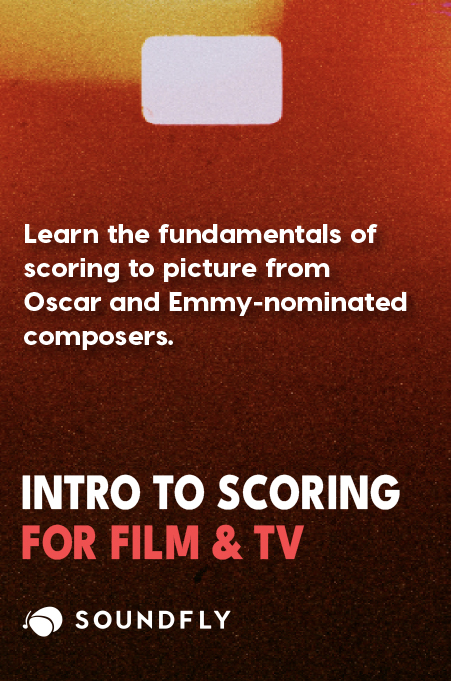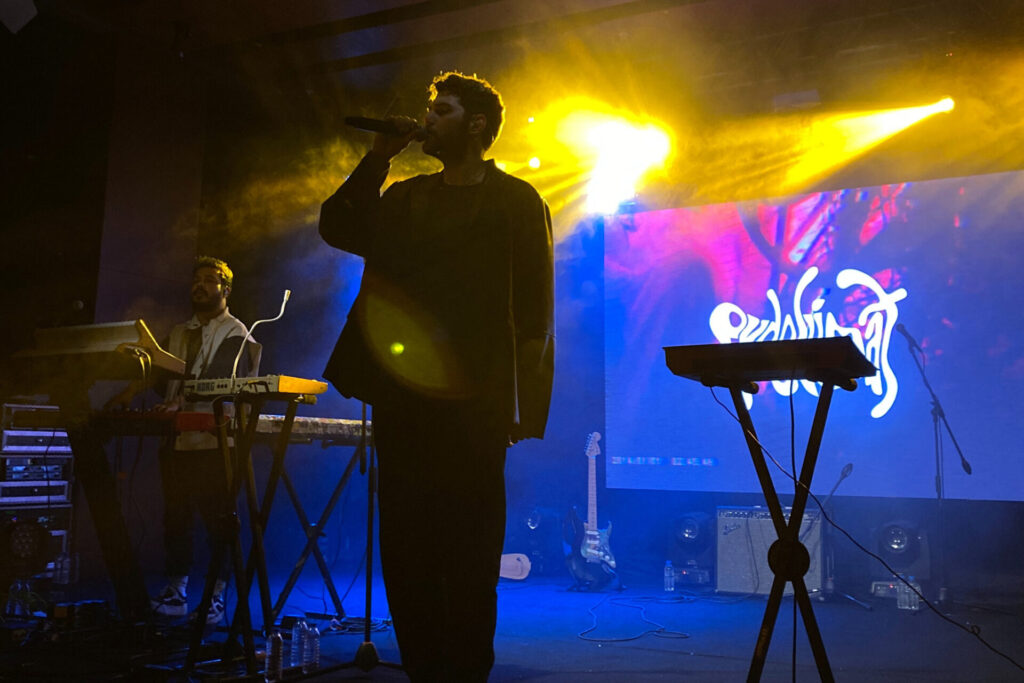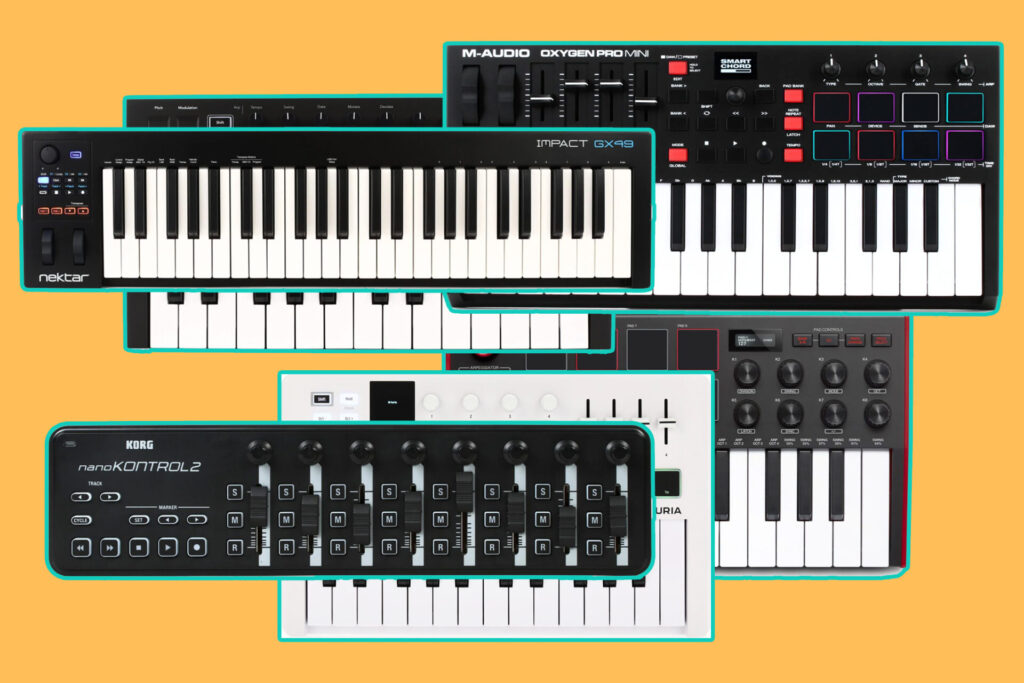
A jam session can be one of the best ways to build your network. My jam session in Brooklyn, Playground Sessions, brings together so many people on a regular basis. That session has sparked countless collaborations and performance opportunities. So here’s how you can go about starting your own.
Step 1: Find a Space
This might be the hardest part. Consider spaces that already do recurring events, especially if they currently have some gaps in their calendars. Early on, you might want to gravitate toward venues that already have built-in crowds, since they’ll ease the pressures of promoting your event. If you make a good impression on the venue owner/manager early on, it shouldn’t be too hard to finagle an ongoing event at that space.
Look for somewhere that isn’t too cramped, but also feels intimate. The atmosphere of the venue will definitely determine how comfortable newcomers feel.
Ideally, the space will have a decent backline so you don’t have to lug too much (or any) gear. At a jam session, most people will bring their own instruments, but they’ll expect amplification to be provided by the venue or house band.
Open mics can be a little more forgiving, since many people will accompany themselves and may be open to an acoustic setting, thus allowing for a simpler setup.
Step 2: Find Your Starter Crew
At a jam, having a house band makes it easy for people to join in, and explore their sound in a safe environment that pushes them forward and helps them grow musically. Try to find a few musicians with good ears who can properly support anyone who comes up. Remember, the house band sets the tone of the session, so make sure they understand exactly what vibe you’re going for and what you’re hoping to accomplish.
Similarly, successful open mics require a core group of writers/performers. That might take a little while to establish, but it’s a crucial component to building your community. Go out of your way to get to know everyone who participates — especially those who have a little more experience or are particularly captivating performers.
Step 3: Promote
Advertising for these types of events can sometimes be a bit difficult, but we’ve definitely got some tips. Word-of-mouth is often the strongest pull, so be sure to tell everyone and get on your social media outlets! You might even want to put your friends in the best slots during the night, so there are more people who want to help spread the word. There are Facebook groups and other online listings for events like these in a lot of cities. Get in touch with the people who run them and see if they might be willing to list your event.
Print some flyers, especially if a special night is coming up, and drop them at venues, cafés, record stores and other places where music fans are sure to see them. If you happen to have gifted artists in your personal network, reach out to them about designing something you can use online and in print.
Once you get people through the door, get their names on a mailing list and be sure to send out an email every time an event is approaching. Don’t forget how important it is to develop your community one person at a time. Personal conversations are key, particularly with those who get up to perform.
Step 4: Set the Vibe
Creating and maintaining a tone can be a daunting task, but it will make things smoother in the long run and your community will respect you for it.
Consider having your house band or host performers start things off. This can be a great way to establish how everything is going to work for the remainder of the event. When considering who should play this role (and it may very well be yourself), make some decisions regarding things like whether you want it to feel formal or informal, how long each performer gets to spend on stage, and whether talking between songs is encouraged or discouraged.
[Need help taking a leadership role in your band? Check out our course Building a Better Band today!]
If you want to create an extra immersive atmosphere and the venue will accommodate you, play around with the idea of having other types of artists at your events. If you had a friend design your flyer, see if they’d be interested in doing some live art off to the side, or having some pieces available for purchase. Having someone film or photograph can also be great, especially since it will give you promotional materials to use in the future.
Also, remember that the choice as to whether to charge a cover or not will also affect the vibe. It might be that the venue gets to make that call, but if it’s up to you, this decision should not be treated lightly. Charging a cover allows you to give the house band and/or venue a cut, but it might weaken the size of your crowd. On the other hand, charging for entrance can give your event a sense of value. Passing a hat or bucket is also worth consideration. While people generally don’t like to be solicited for money, they may want to express their appreciation for the house band.
Last, but not least, is your event going to have an age restriction? This largely depends on the venue as well as your own identity. If you’re a college student, 21+ may not allow you to reach your community. If you’re going for a more serious atmosphere, you might want a more mature audience.
Step 5: Rinse & Repeat
If you’ve got something good going, maintain it and keep exploring new ways to help it grow. Remember, you never know who might walk through the door next week. Jam sessions and open mics attract some diverse players and writers from all around. Each event has the potential to be a memorable experience.
On that note, don’t just play and leave. It’s about so much more than just the jam. Chat with everyone who participates and be sure to point out what you love about what they do. If you’re looking for new members for your own group, this is a great opportunity to start those conversations.
Like what you read? Get ready for more tips and tools for running a successful band in our course, Building a Better Band. Sign up today!



